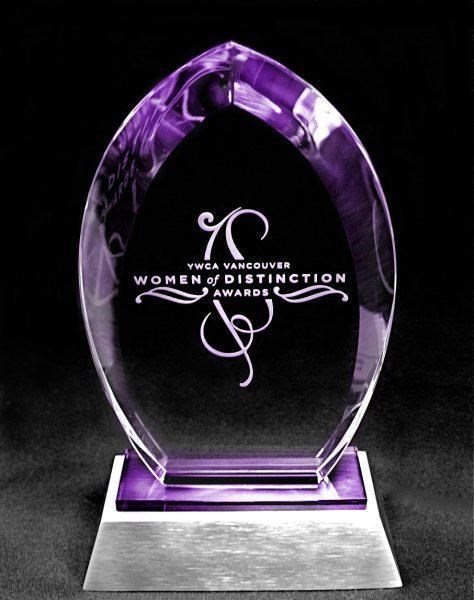It was almost 40 years ago that Shashi Assanand arrived in Richmond as a former refugee from Uganda.
Last week, that same Assanand, now founder and executive director at Vancouver and Lower Mainland Multicultural Family Support Service Society, was recognized by the YWCA Metro Vancouver as a “woman of distinction” for her work in ending violence against women and facilitating the settlement of new immigrants.
“As an immigrant and refugee, I knew what issues there were. I have worked with many families over the years and found the problems within families arise, most of the time, because of the process of immigration and the impact of settling down in Canada. It then becomes very easy for couples to get into conflicts where violence becomes the answer,” said Assanand.
Assanand fled Uganda in 1972 when then-military dictator Idi Amin, gave Asians 90 days to get out of the country. She went to England for 18 months before settling in Richmond in 1975, where she began working as a family counsellor.
In Canada, Assanand quickly noticed that new immigrant and visible minority families face unique challenges and began advocating for services to address those challenges.
In particular, she called on governments to ensure that transition houses, which support women experiencing domestic abuse, learn how to work with immigrant women.
“The City of Vancouver and the Ministry of Social Services were looking for a transition house that was multicultural, and my suggestion was rather than making it multicultural and housing all the immigrant women in one transition house, we should have all transition houses learn how to work with immigrant women in each transition house. The funders liked the proposal.”
As the president of Immigrant and Visible Minority Women of BC, Assanand also travelled the province and noticed there was very little support for women who didn’t speak English; and, even though there were services for all women, visible minority or new immigrant women were not accessing those services.
“My proposal was a multicultural approach, meaning immigrant women themselves can decide what model of service would suit them.”
The goal was to address some of the factors that put immigrant women at greater risk of abuse.
According to Ending Violence BC, there is an increased risk of violence among immigrant women due to social isolation, lack of information about rights and available services, lack of English speaking abilities, services unavailable in their own languages, issues with immigration and sponsorship, poverty, and lack of support from their cultural community.
“My idea was to work with immigrant women in as many communities as I could accommodate in order to provide them with much needed services,” said Assanand.
“ It meant having to create awareness in the community. Until, and unless, a woman says, ‘stop,’ the violence doesn’t stop. We can put in as many laws as we want, but until the woman realizes her own power, the violence won’t stop.”
As part of her multicultural approach, Assanand continues to work with Richmond’s city council and Richmond’s intercultural advisory committee. Moreover, she specifically hires and trains her staff (who are all from various cultural backgrounds and speak multiple languages) to work with immigrant women.
Assanand hopes that one day a new generation of immigrants will be able to adapt and progress without the need for domestic violence services.
Assanand was one of 12 recipients recognized at the 31st annual Women of Distinction Awards hosted by the YWCA Metro Vancouver.
When asked about her reaction to receiving the coveted award, Assanand cheerfully said, “It was very exciting. I think of it as a confirmation of all the work that I have been doing.
“It gives me the inspiration to continue doing my work.”



